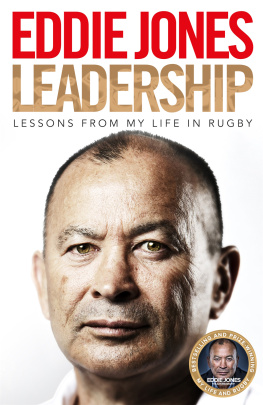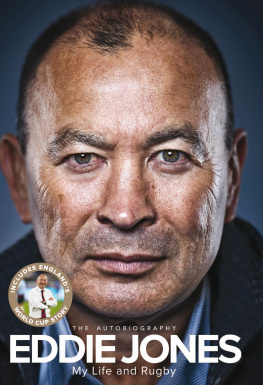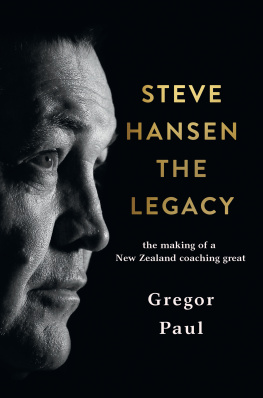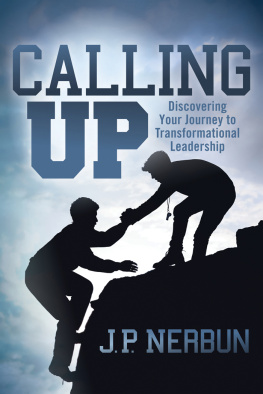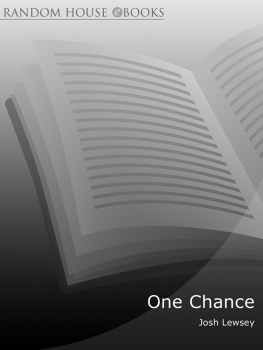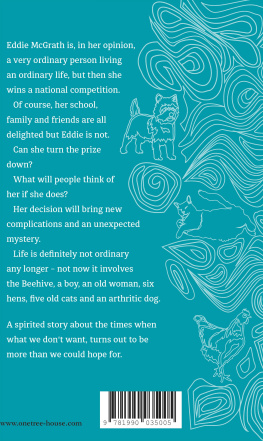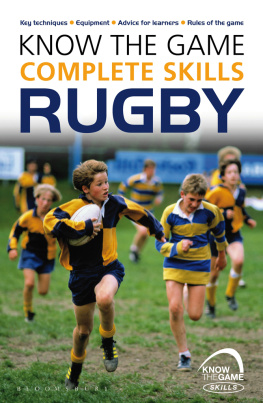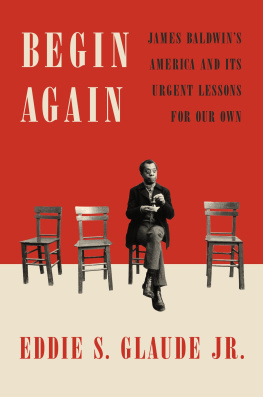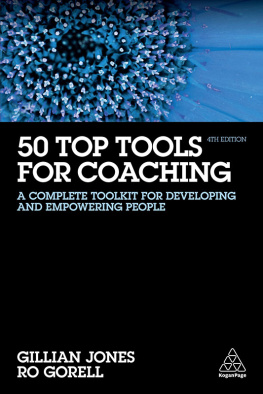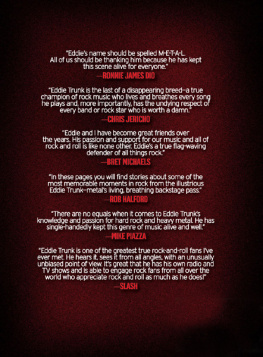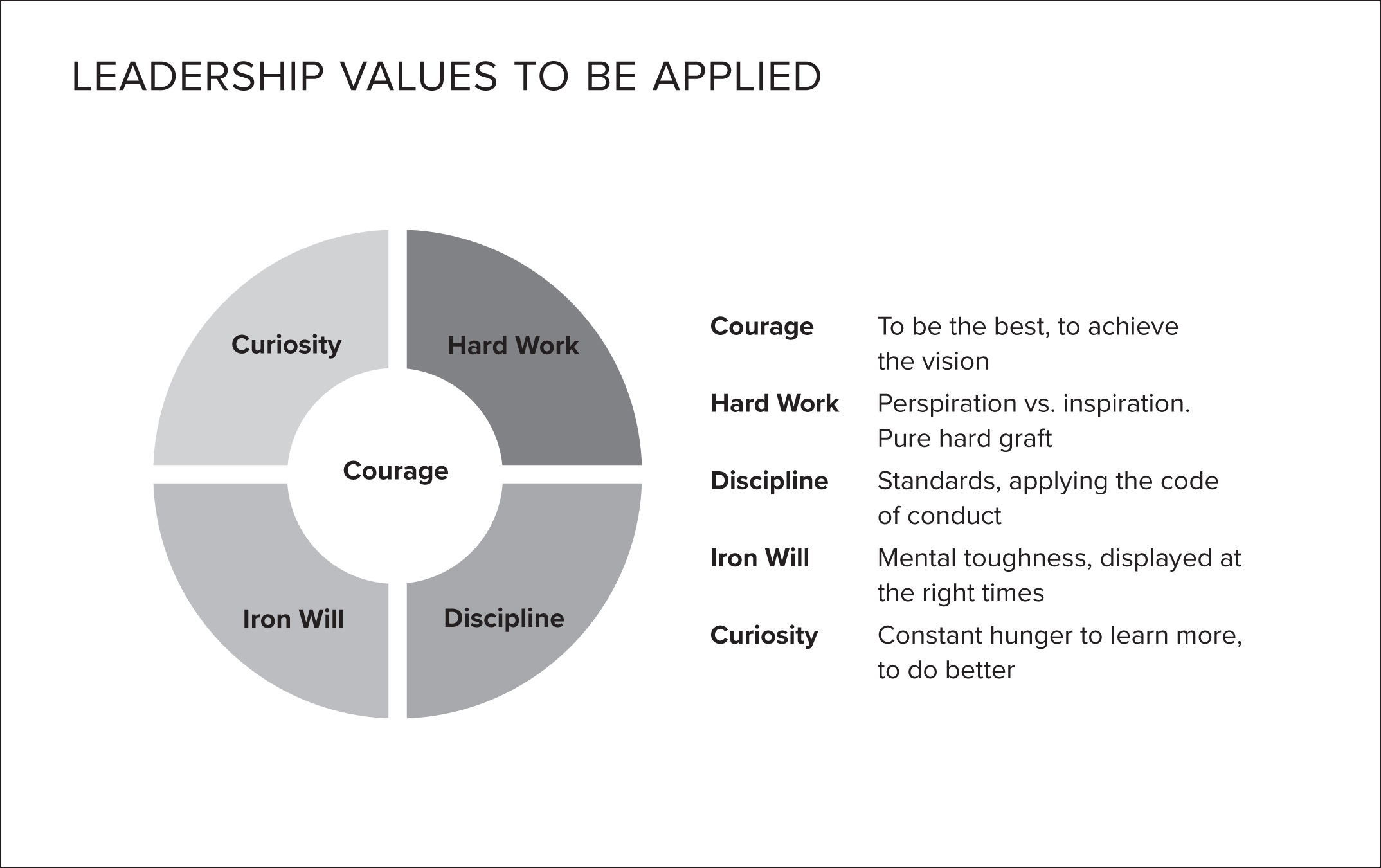For my father who always gave me such
guidance and support
CONTENTS
Guide
PROLOGUE:
INSIDE THE BUBBLE
This is a book about leadership inside the usually secretive bubble of a high-performance environment. It is built around my work as the head coach of the England rugby team, but I hope it will appeal to anyone interested in methods of leadership, learning and growth, whether they are working in sport or business, education or the arts, politics or the media, or any field where an organization faces immense challenges and stimulating opportunities.
It is written primarily for people intrigued by leadership and coaching, but my interests and influences are as varied as a career which has seen me work as the national coach of Australia, South Africa, Japan and England. I have coached at four World Cups, reaching the final three times and with a winners gold medal tucked away in a box somewhere, but I am also proud of my work in the amateur club game with Randwick in Sydney, in Super Rugby with the Brumbies, and in club rugby in Japan and the English Premiership. As a leader I am shaped, too, by my past experiences as a schoolteacher and a principal and by my personal life as a son, a brother, a husband and a father. The family, just like a school, is also a team and an entity which is always evolving and hopefully strengthening.
So the ideas and principles in the ensuing pages are not limited to sport. They are not applicable only to business either, even though I have learnt so much from corporate leaders, whether as a part-time consultant to Goldman Sachs in Tokyo or while talking to inspiring men like Tadashi Yanai, the founder and head of Uniqlo, the casual clothing company which he started from nothing in Japan and built up to its current global worth in excess of $45 billion. The leadership strategies and techniques discussed in the book can be utilized in most areas of life.
They are told through the prism of rugby, with stories of the past and the present helping to clarify and explain the lessons I have absorbed over 25 years as a professional coach. I write in detail about my work in Australia, South Africa and Japan, but the focus is on my current role with England. I have concentrated on the last two years from the World Cup in 2019 to the tumultuous back-to-back seasons we have just endured in 20201. This has been a period of great highs and difficult lows.
We reached the World Cup final and won the Six Nations and the Autumn Nations Cup. But we also encountered problems both inside and outside the squad and within our leadership group. As a consequence, we endured a difficult Six Nations in 2021, losing three out of five matches and finishing fifth. Of course this is unacceptable to me, to the players and to any passionate supporter of the England team.
But here, in these pages, I do not shy away from the troubles we have endured. They are illuminating and instructive. Show me a coach or a leader who has worked only in a successful environment and I will know that he or she have only been in the job for a very short time. They wont have learnt much and they wont have many lessons to offer you. I want to learn from people who have been exposed to adversity, who have had to reflect and adapt and who have emerged from the struggle feeling even more robust and fiercely competitive.
So this book is also informed by everything I have absorbed during my constant dialogue with leading coaches around the world. One of the privileges of my position is that I am able to talk in detail about leadership with men such as Sir Alex Ferguson and Arsne Wenger, Pep Guardiola and Gareth Southgate, while also participating in frequent coaching forums with colleagues from across the globe.
Some readers will be surprised to learn how my work with England has been sharpened by conversations with Ron Adams, the 73-year-old assistant coach of the National Basketball Associations Golden State Warriors. Ron has been the indispensable truth-teller to head coach Steve Kerr during three championship-winning campaigns. I have also learnt new ideas by studying the stunning rise of the Gonzaga Bulldogs, a hugely successful college basketball team from one of the smallest universities in America. Each day is a new opportunity for me to listen and to learn.
Every team, organization, company, coach and individual person can learn from the simple five-step cycle of leadership which drives my work and this book. The last two years have been the most intense and testing of my coaching career. The long shadow of Covid has stalked everything we have done and I have been stretched and examined as a leader like never before. But its all part of the ceaseless cycle of leadership.
I believe I have grown and matured as a coach while relying on the building blocks of:
- Strategy
- People
- Operation
- Management
We have been through five stages of the leadership cycle:
- Vision
- Build
- Experiment
- Win [Overcome Failure]
- Rebuild
In each stage I have relied on the three Ms where I have strived to:
Manage people
Mine for conflict
Map where we are in the cycle
The vision, structure and culture of our work is dependent on the quality of people we can call upon with England. We have some exceptional players and people but, above all else, they are human beings. There has been complexity and conflict. We have been undermined by a possible sense of entitlement, and a subtle denting of the desire which took us all the way to the World Cup final. I will outline the steps we are taking to remedy this situation as we move through the leadership cycle.
We constantly reflect and review, and rely on the insights provided by fresh sets of eyes from experts in divergent fields who assess our camp with independent clarity. This summer we were revitalized and refreshed. A new chemistry emerged and so we turn to the next two years before the 2023 World Cup is held in France with renewed belief and purpose.
The cycle of leadership is relentless and demanding. But it is always absorbing and fascinating. It covers areas of preparation and communication, growth and development, identity and cohesion. Mistakes are made and errors are rectified. Games are won and lost, players come and go, but the leadership cycle keeps whirring and churning because there is never perfection only the steady pursuit of improvement.
I hope you will enjoy reading about the lessons we have learnt, both with England and my other teams over the past quarter of a century. I also hope they might be of practical interest to you and even pertinent to your own work and life.
STAGE 1: VISION
[STRATEGY]
- Always start with the end in mind
- Set the principles
- Establish the values
- Understand the climate
- Know the environment
[PEOPLE]
- Put the right people around you
- Build togetherness
- Identify the quick wins and the big changes required
- Plan the transformation

